Very few people could have predicted this time last year that a pandemic would change just about everything about our lives. One thing it didn’t change is the need for housing and contrary to what some predicted, the Canadian housing bubble didn’t burst. On the contrary. So what does the coming year have in store for us? One thing we’ve learned from 2020 is that nothing is certain. However, we scoured the many different market forecasts and compiled a list of the key takeaways. Here’s what to expect for the Canadian real estate market in 2021.
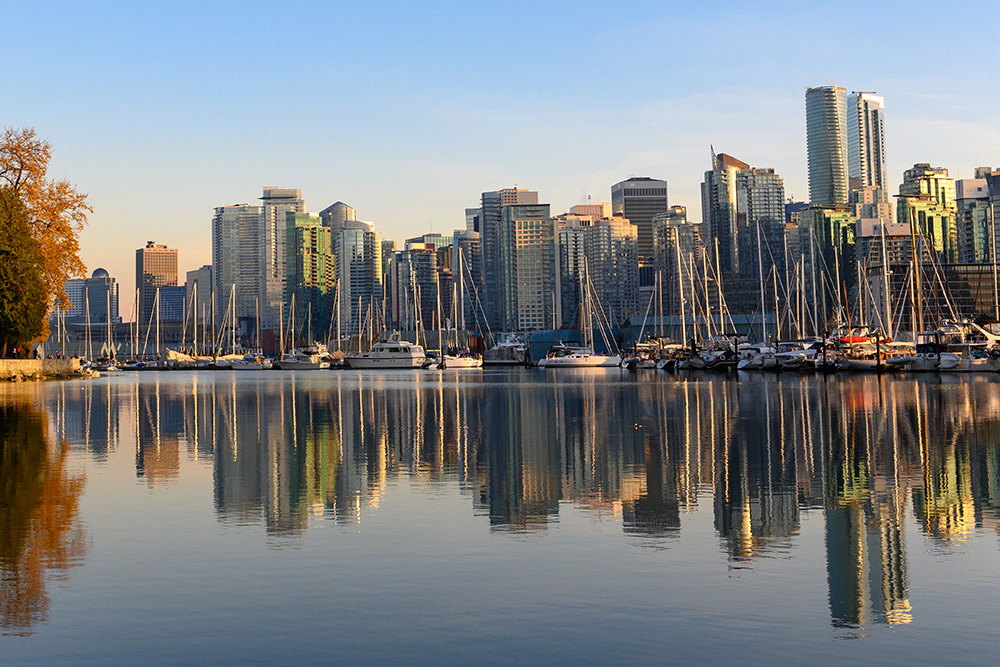
Prices Will Generally Continue to Rise
The Canada housing bubble is not about to burst just yet. Towards the end of 2020, real estate agents in many parts of the country saw unprecedented sales and record-breaking prices. The experts expect the trend to continue and housing prices will keep on rising, especially if the economy continues to recover and interest rates remain low.
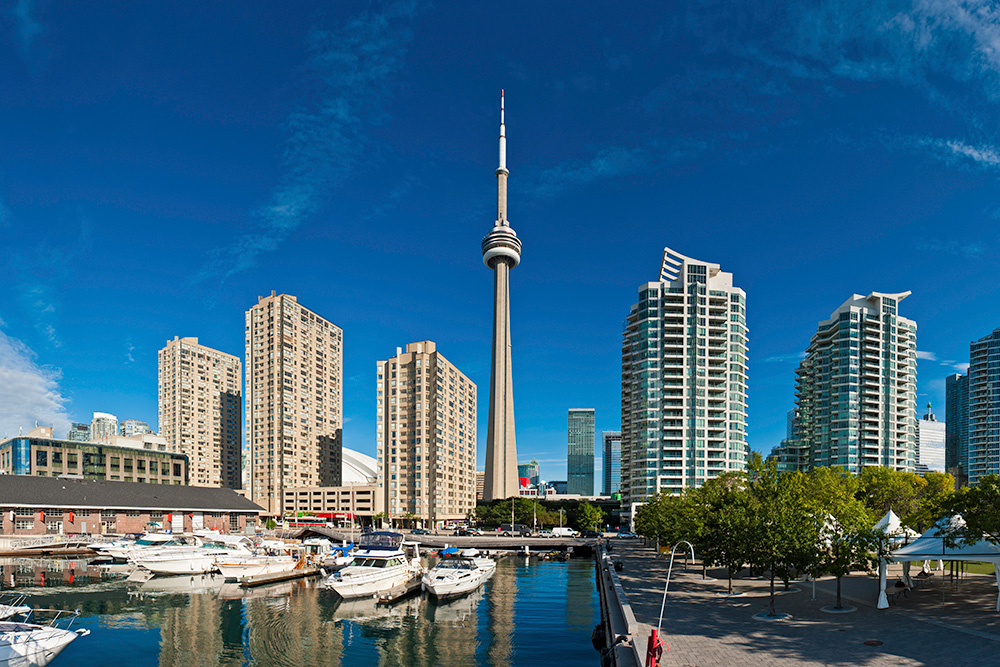
Canadians Will Keep Driving the Market
While some experts thought that closing Canada’s borders would lead to a crash in the real estate market, especially in cities like Vancouver, the drop in foreign buyers didn’t have a huge impact on the market overall. Canadians filled the gap and bought homes during the Covid-19 pandemic. They will continue to do so in 2021: many have built up their savings by not going on vacations or spending money on clothing, eating out and the like.
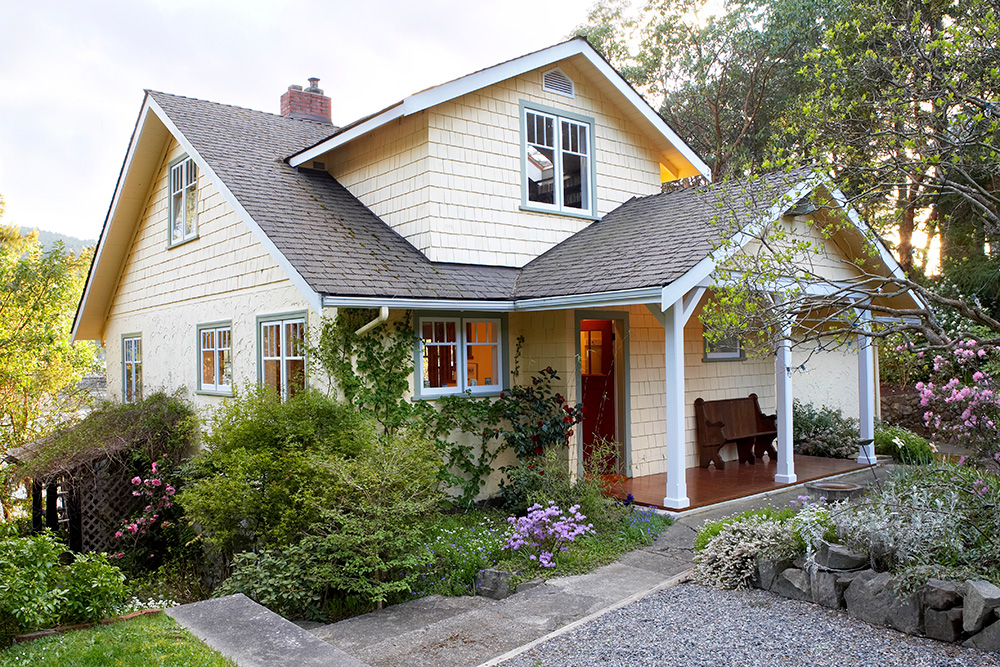
More People Are Buying Outside of the Big Cities
According to real estate statistics Canada saw more people starting to move out of the big cities to the more affordable suburbs and smaller towns even before the pandemic hit. With many companies opting to stick with the work-from-home model for their employees, this trend will become stronger.

Prices Will Rise in Traditionally More Affordable Areas
The Toronto housing crisis has already driven people to start considering smaller cities and towns in Southern Ontario. In other housing markets, such as Vancouver and Montreal, there is a similar trend towards leaving the cities for suburbs and rural areas, that’s expected to continue. If you thought that only the big cities will continue to experience a housing bubble, Canada has many smaller markets that may just prove you wrong, with prices now rising in areas that have traditionally been more affordable.
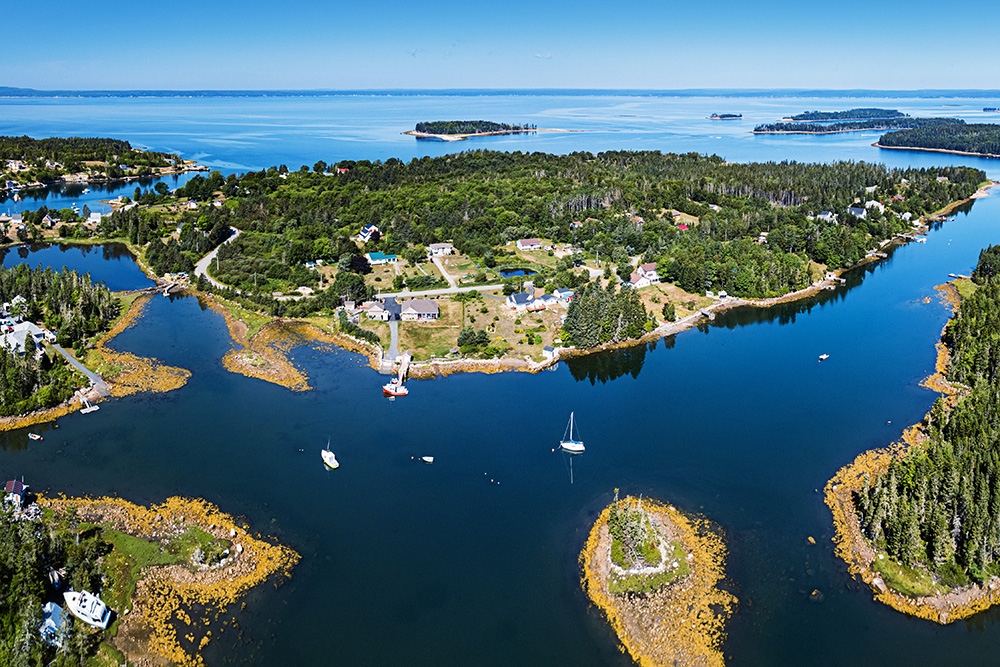
Atlantic Canada is a Hot Real Estate Market; The Prairies Are Not
Canadians have not only been moving to more affordable suburbs but have also been moving to more affordable provinces. Atlantic Canada is now a hot real estate market, especially Greater Moncton, Halifax, Saint John and Charlottetown. The Prairies, however, have been struggling, partly because of the economic woes of the oil and gas industry.
Related: Do You Have Enough of a Down Payment to Buy a Home in These 15 Canadian Cities?

People Want Detached Homes
A definite trend in the Canadian real estate market is that more buyers are looking for detached homes. One of the reasons for this is that with the move towards working from home, more people are looking for rooms that they can convert into home offices. They also want backyards where they can garden and enjoy some fresh air.
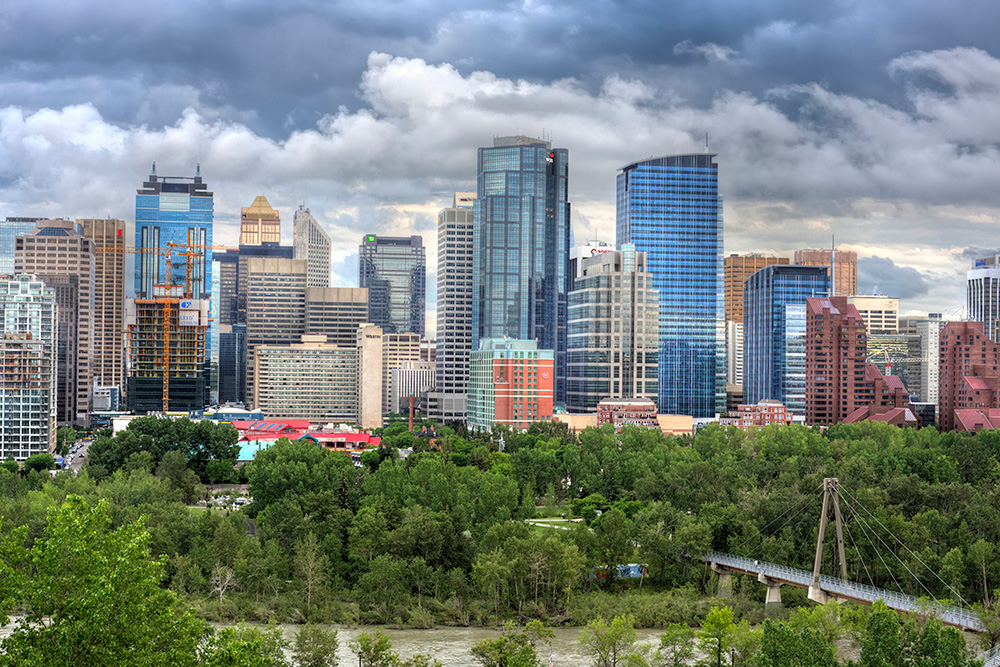
Downtown Condos Are Not Popular Anymore
One corner of the Canada housing market that isn’t expected to see growth is the market for one-bedroom condos downtown. In fact, prices for condos have seen a decline and now isn’t the time to sell. If you have some money to spare and want to speculate, though, this is a good year to buy a condo before the Toronto housing bubble makes downtown real estate unaffordable again.
Related: This is What Toronto Condos Priced at $400K or Less Look Like
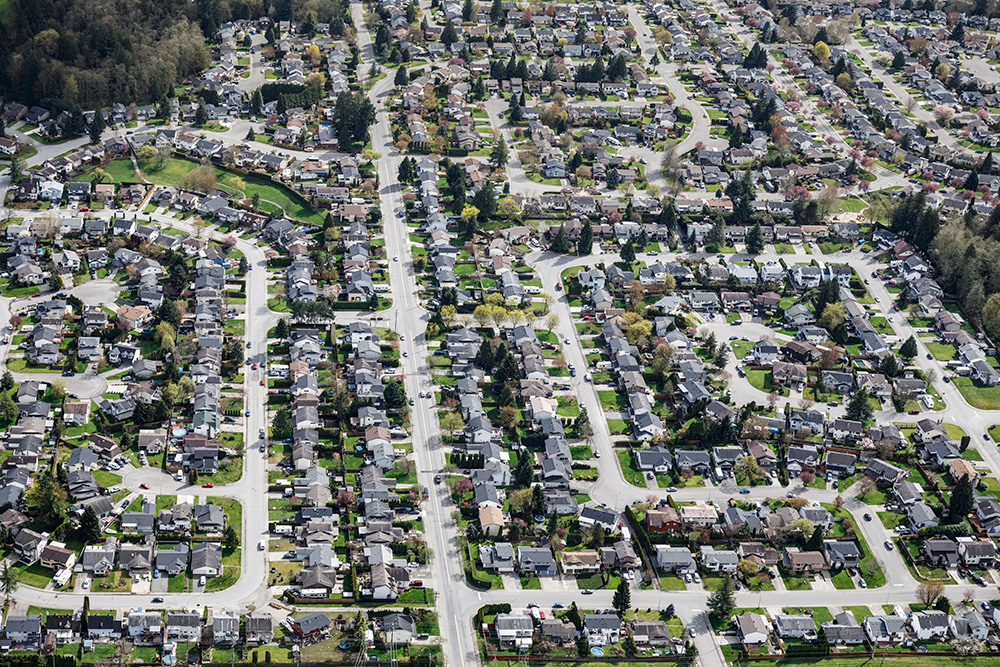
Inventory Will Drop
With a booming real estate industry, Canada will see a rise in housing prices partly because inventory will drop. Condo owners may prefer to hold out until the nightlife returns to downtown areas and their properties become more valuable again, while owners of detached family homes may decide not to sell because they’re happy with what they have.
Related: Listing Your Home This Summer? Here Are the Best Investments to Make Outdoors

Purpose-built Rental Housing is a Good Long-term Option
Purpose-built rental housing is not an option that is guaranteed to bring in money right away, as it has been in the past. However, it’s a good long-term investment because when universities reopen and immigration picks up again, the demand for rental accommodation will increase.
Related: Airbnb vs. Renting for an Income Property: Scott McGillivray Weighs In

Commercial and Industrial Property Will Focus On e-Commerce
The Canadian real estate market forecast for commercial and industrial property is that rental prices will continue to rise sharply as retailers are trying to find high-quality spaces for facilitating e-commerce. With many retailers closing their brick-and-mortar outlets and moving online, malls may have to convert some of their retail space into warehousing, distribution and fulfillment spaces to stay afloat. The demand for suitable spaces means that multi-level industrial properties may become more prevalent throughout Canada too.
HGTV your inbox.
By clicking "SIGN UP” you agree to receive emails from HGTV and accept Corus' Terms of Use and Corus' Privacy Policy.





